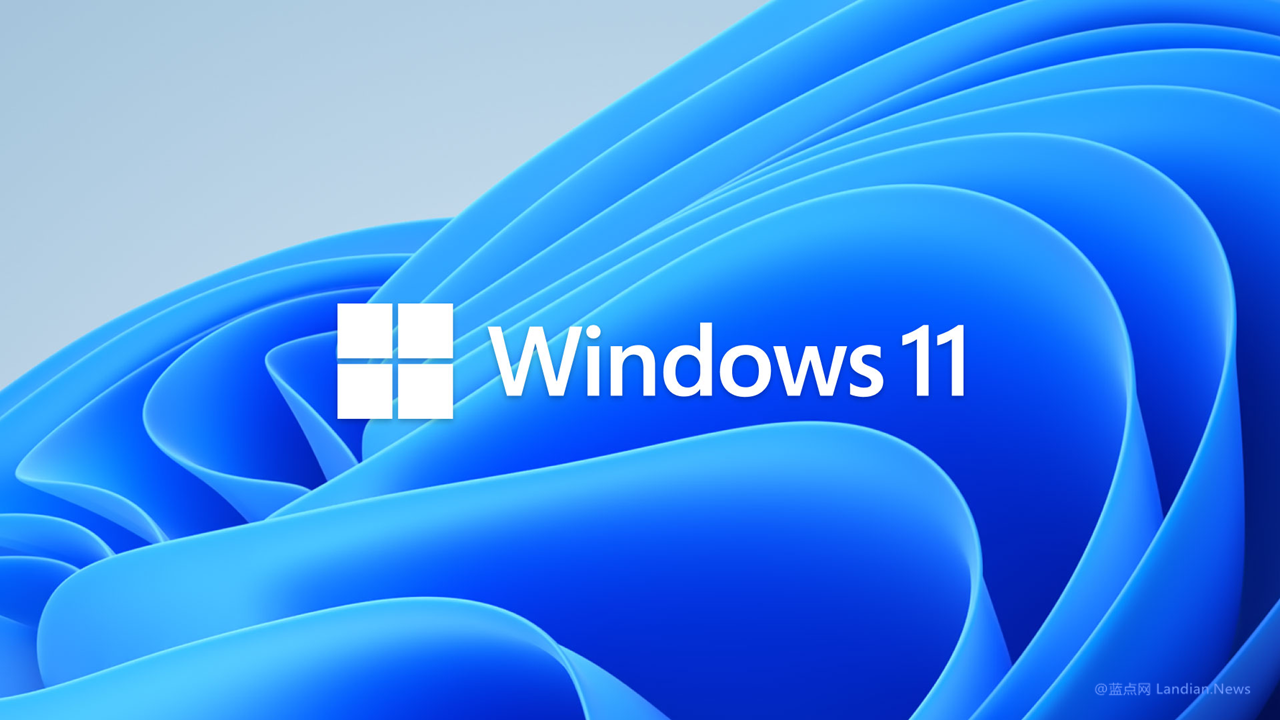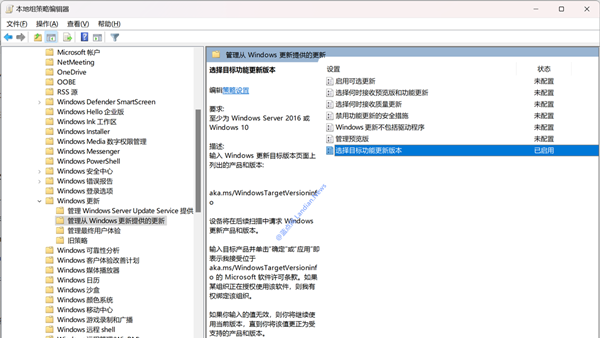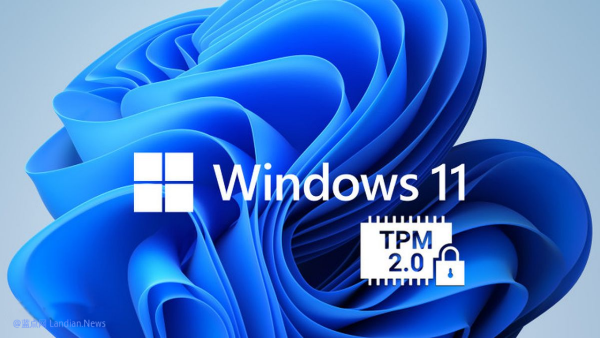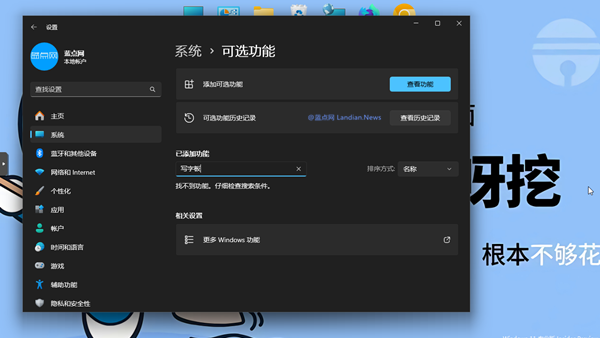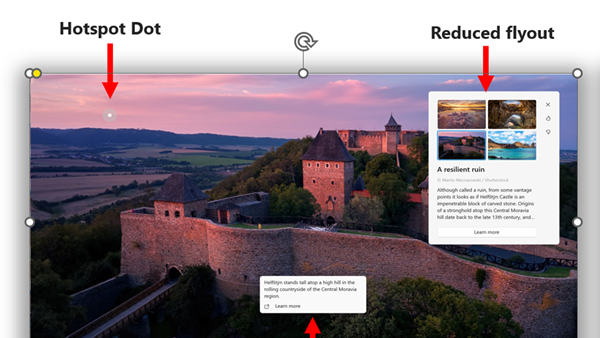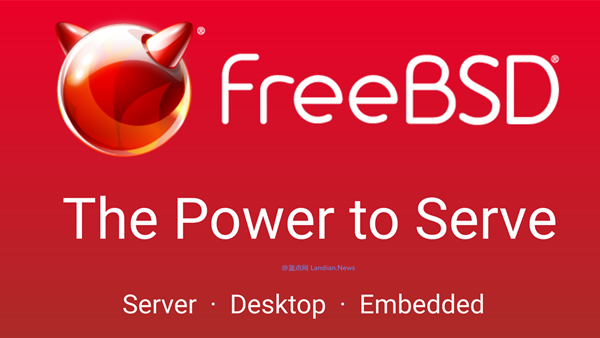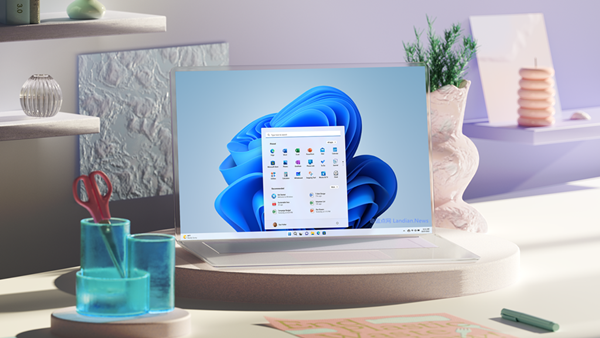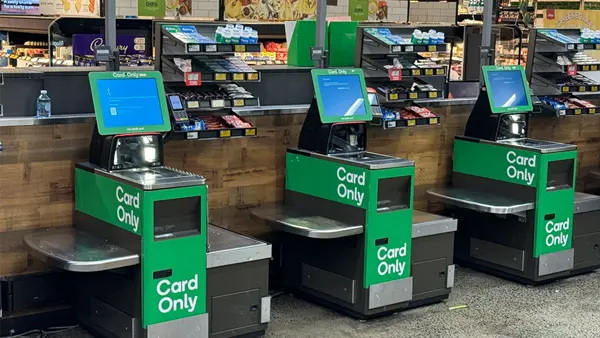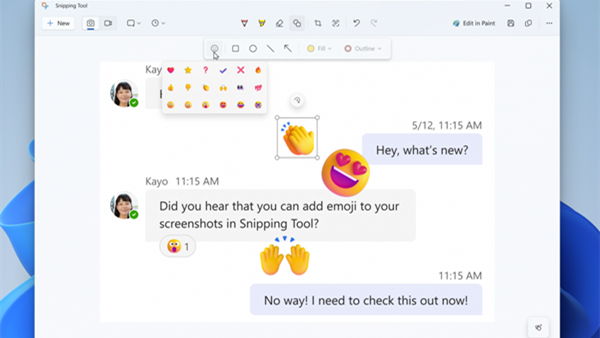Nearly 3 Years After Release, Windows 11 Market Share Finally Breaks 30% But Many Users Still Stick With Windows 10
For Microsoft, promoting Windows 11 was always going to be a challenge. Even without hardware restrictions, many users might prefer the more reliable Windows 10 system, not to mention Windows 11's elimination of a large number of CPUs and the requirement for at least a TPM 2.0 trusted platform module.
The initial version of Windows 11 was first released in October 2021, and now, almost 3 years later, Statcounter's statistics show that Windows 11's market share has finally surpassed 30% for the first time, but it's still far below that of Windows 10.
While the market share of Windows 10 is continuously declining, it still occupies a significant 65% of the market. However, it's worth noting that Windows 10 will end support in October next year and will no longer provide security updates.
Clearly, Microsoft cannot persuade most users to upgrade to Windows 11 or buy new PCs to use the Windows 11 system within just one year. Therefore, after next October, there will be a large number of PCs worldwide that cannot receive security updates, leading to a severe security disaster.
The version of Windows 10 ending support next year is the consumer version. While long-term support versions like Windows 10 LTSB/LTSC can still be used, most users have the Home or Professional editions.
Additionally, for security reasons, Microsoft will launch a Windows 10 ESU (Extended Security Updates) paid extension support plan for home consumers next year. Of course, neither solution can truly resolve the issue, as most ordinary users don’t understand PCs or operating systems well and only care that their devices work, not whether they can receive updates.
So, will Microsoft possibly lift the old CPU upgrade restrictions for Windows 11 next year? It's still hard to say. If Microsoft continues to uphold hardware restrictions, the only solution might be to wait for old PCs to gradually leave the market and new PCs pre-installed with Windows 11 to increase market share.
